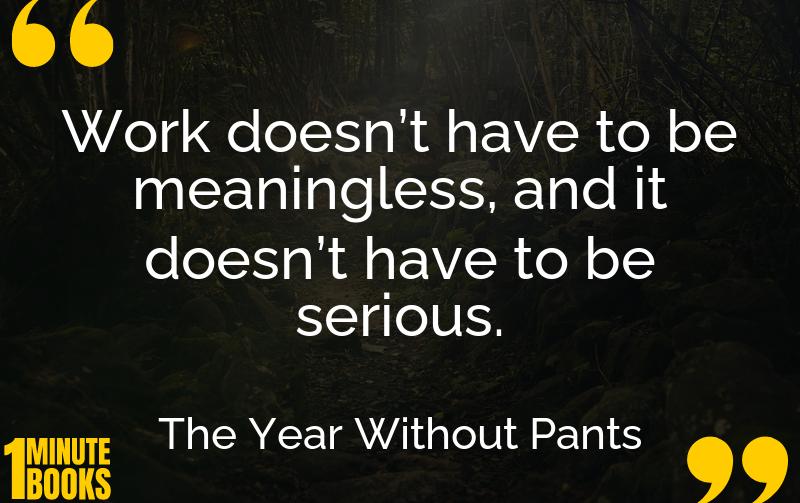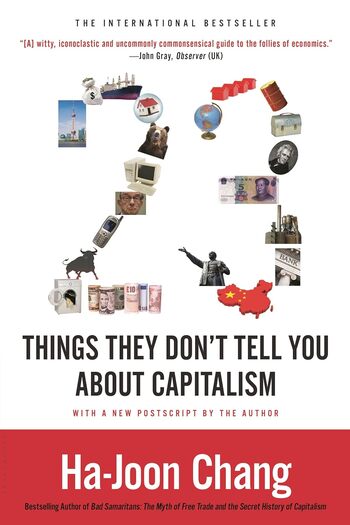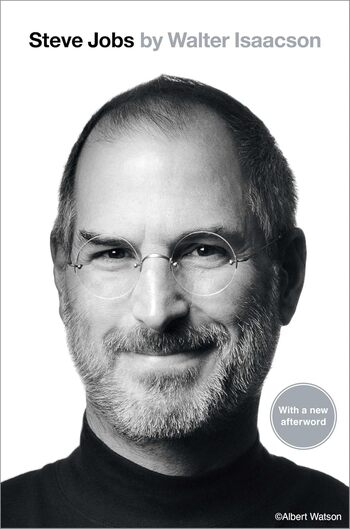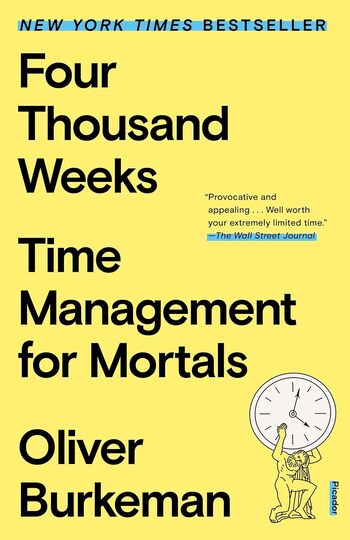
Scott Berkun’s ‘The Year Without Pants’ explores his experiences at Automattic, focusing on its unique remote work culture, meritocracy, and innovative team structures that prioritize output over traditional constraints.
Main Lessons
- Remote work can be highly effective with the right communication tools and trust in employees.
- A company’s culture focusing on results rather than traditional office norms can foster innovation and job satisfaction.
- Meritocracy in a workplace can motivate employees to contribute more meaningfully.
- Continuous deployment allows for rapid improvements and empowers employees with accountability.
- Flat organizational structures encourage creativity and growth.
- Transparency is crucial, but important internal processes must be clear to everyone.
- Encouraging a blend of expertise and general skills in employees (T-shaped individuals) promotes versatility and adaptability.
- Regular, informal communication keeps remote teams connected and morale high.
- Experimentation and openness to change can lead to increased performance and satisfaction.
- Short, incremental projects reduce stress and error rates compared to large, overwhelming tasks.
- Personal autonomy in work schedule and location can significantly enhance productivity.
- Community investment can replace traditional marketing strategies.
- Employees may prioritize passion and flexibility over high salaries and traditional hierarchies.
- Social blogging can maintain transparency and a searchable history of conversations.
- Despite challenges, remote work can become a sustainable model when executed with a strategy.








